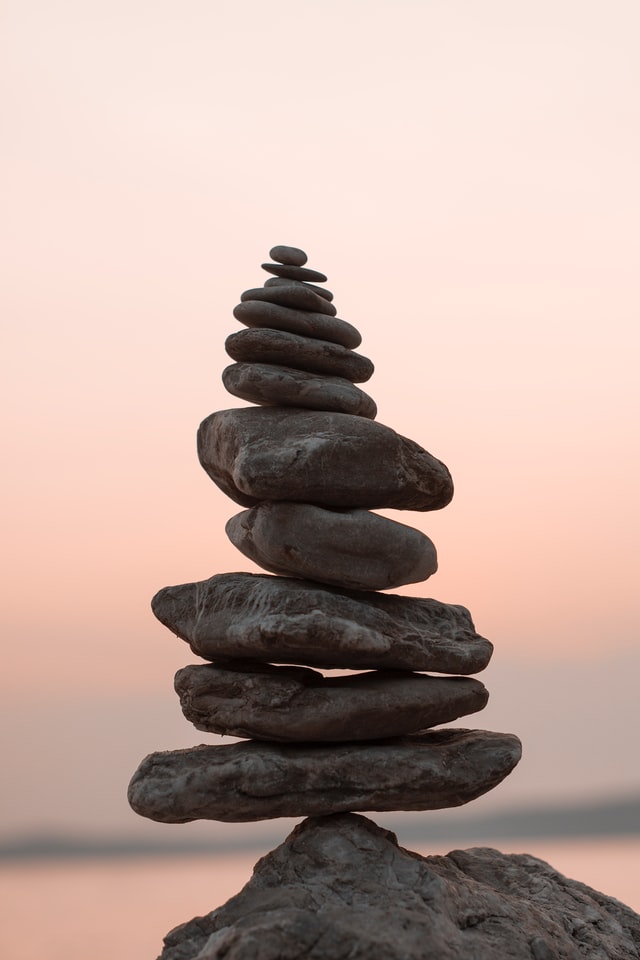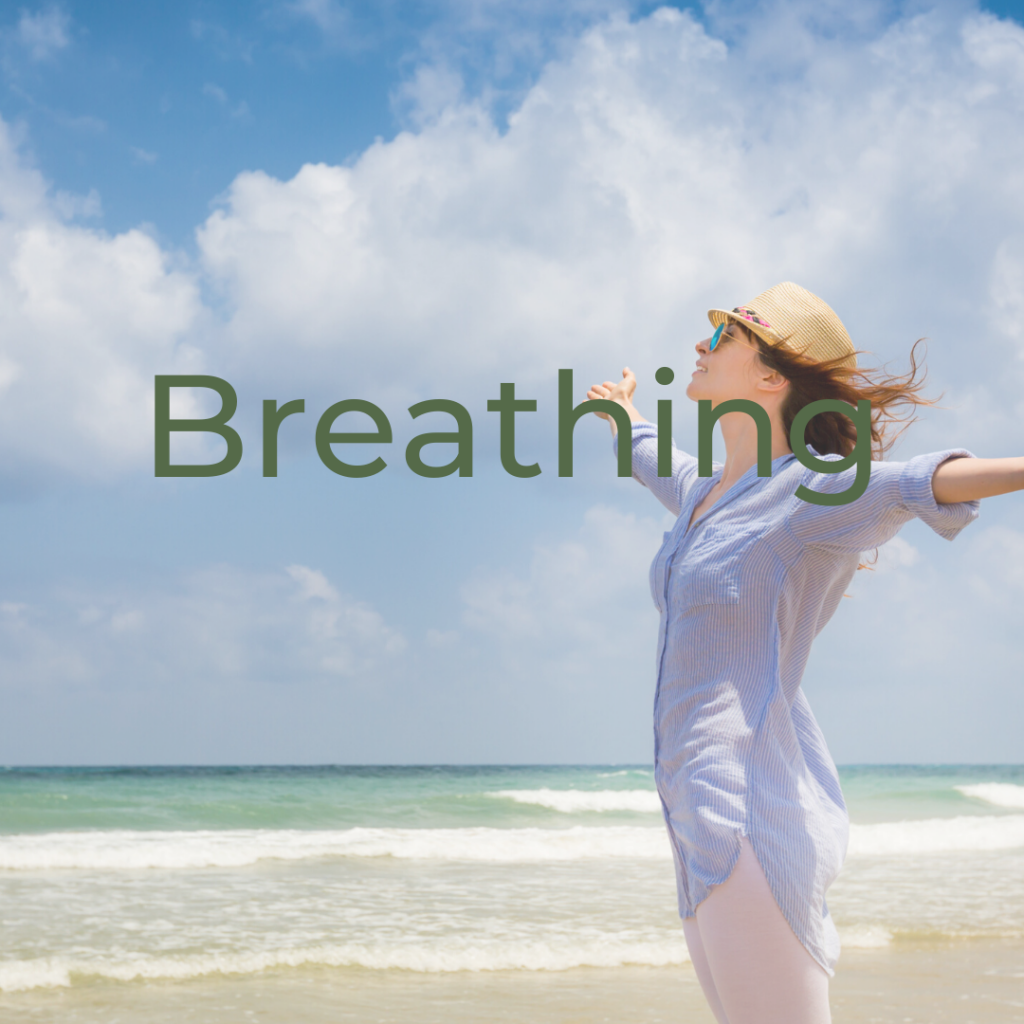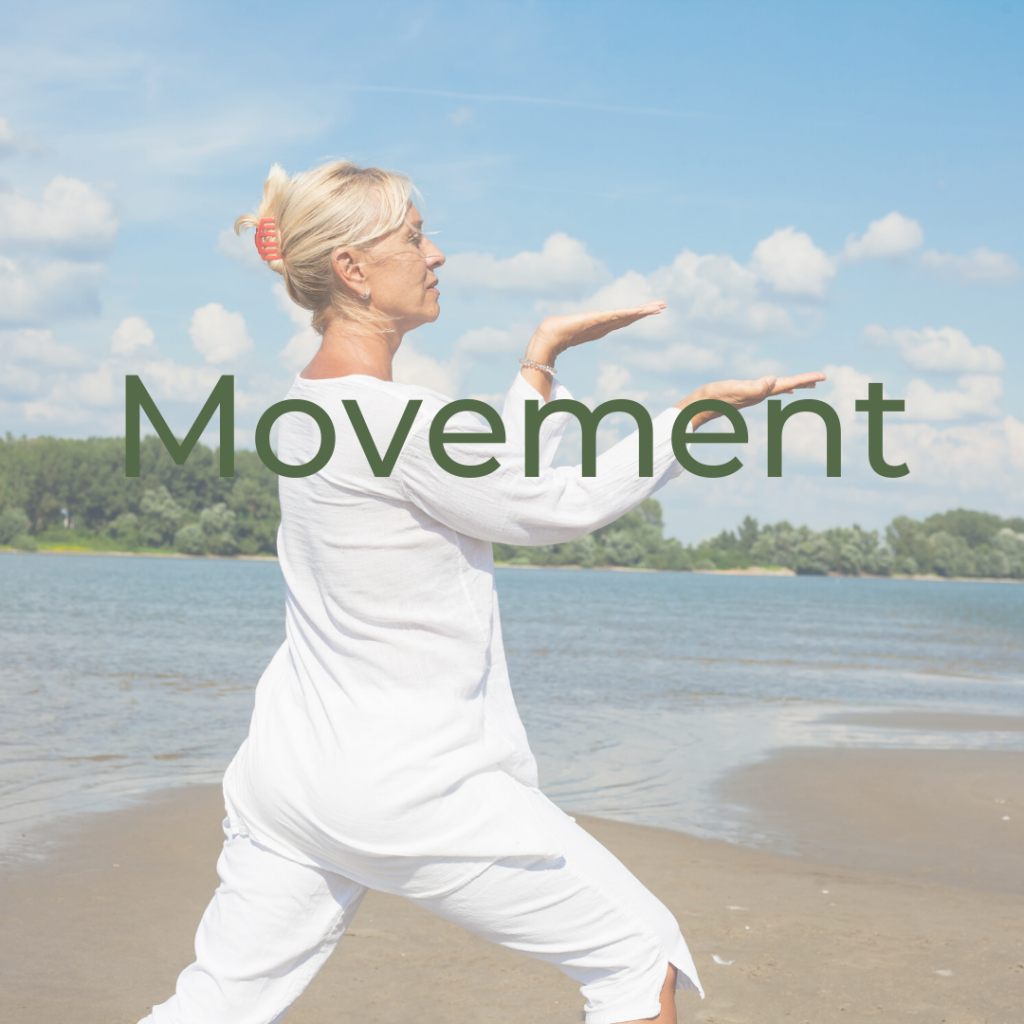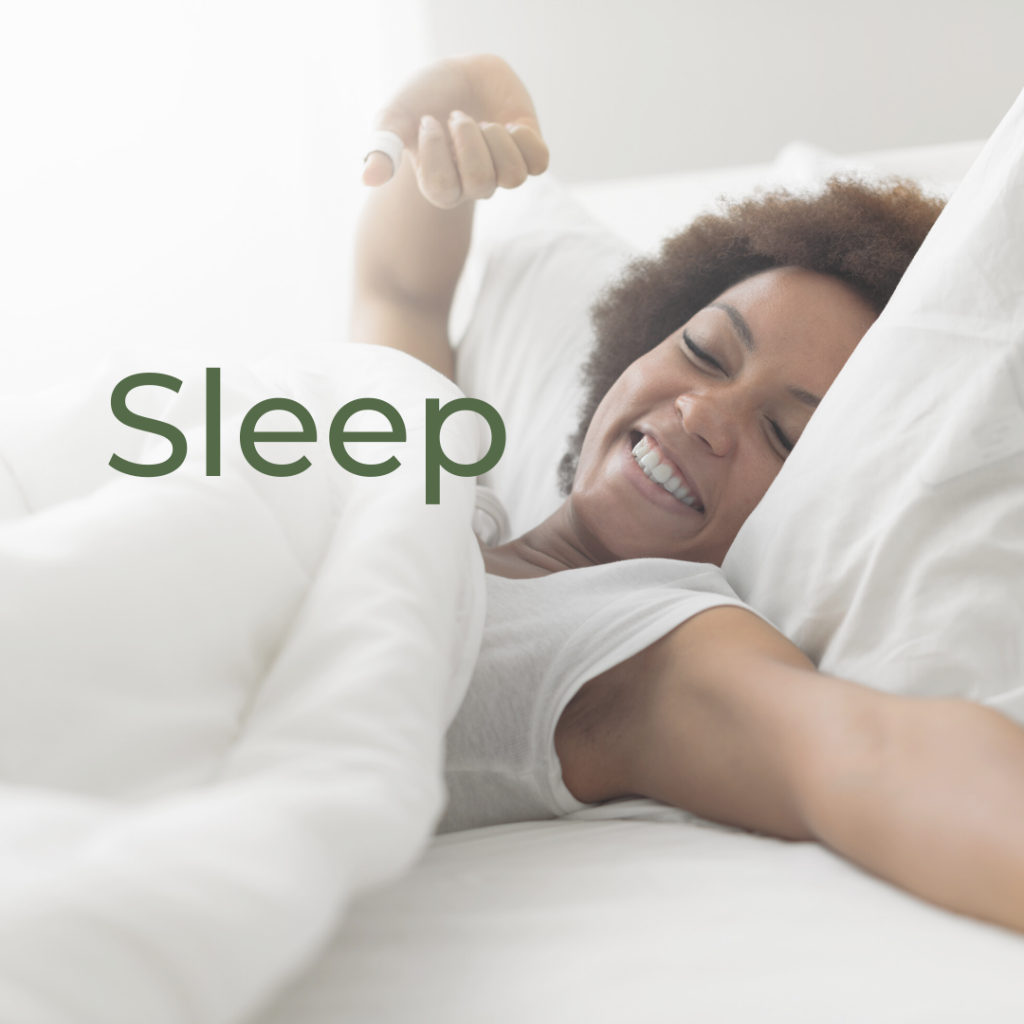Feeling stressed during these challenging times and want some tips on stress reduction? If so, you’re not alone. The Coronavirus pandemic has heightened many people’s already high stress levels. Throughout lockdown, many people are experiencing increased worry, anxiety and stress about finances, employment and of course the prospect of perhaps contracting Covid-19. Now that lockdown is easing, it is expected that stress levels will increase exponentially as many face redundancies. And the ‘new normal’ means homes will replace the workplace.
For those that were used to a routine of getting up and going to a place of work, working from home will present new challenges. In a world where there are already huge increases in people saying they find it difficult to switch off from work because of technology, working from home will increase that issue. There will no longer be a separation between work and life.
SIX HEALTH FOUNDATIONS FOR STRESS REDUCTION
Consider the foundations of a house; they keep the house standing and stable. Your health foundations are similar in that they keep your health stable. If your house foundations aren’t strong enough your house will eventually subside, the walls will crack, and it becomes unsafe to live in. Similarly, if your health foundations aren’t strong, your health will eventually suffer, you become unwell and become susceptible to disease. So, here are some simple stress reduction strategies you can integrate into your day, which are based on six health foundations:
- Thoughts
- Hydration
- Breathing
- Nutrition
- Movement
- Sleep
STRESS REDUCTION AND HEALTH FOUNDATIONS
Stress is the main cause of your health foundations becoming unstable. So, if you’re:
- Having problems sleeping
- Experiencing shortness of breath
- Having indigestion or other digestive issues
- Having ongoing aches and pains, particularly back ache
- Feeling tired all the time
- Drinking too much alcohol
- Being irritable and moody and/or feeling depressed
Then it’s likely you’re stressed.
STRESS REDUCTION STRATEGIES
Here are my simple stress reduction strategies to build into your daily routine.
 1. Thoughts
1. Thoughts
When you’re stressed, often negative thoughts creep in. Thoughts of not being good enough. That you’re a failure. That you can’t cope. Switching negative thoughts to positive is the key.
My tips:
When you notice a negative thought:
- Ask yourself is this true?
- Analyse the thought – our thoughts are our perception of an event that makes it negative.
- Find the positive. It will be there.
Start each day with positive affirmations and repeat them throughout the day. When you go to bed either write down gratitudes or say them to yourself. Doing this will make you aware of the good stuff in your life. When you go to bed feeling happy and grateful for the good stuff, you’ll wake up feeling happier.
 2. Hydration
2. Hydration
You know you’re meant to drink water and stay hydrated. But do you drink the right amount for YOU? Don’t go for the ‘one size fit’s all’ 2.5 litres. Your needs will be different from someone who is taller and wider, or smaller and slighter.
My tips:
- Work out your weight in pounds
- Divide that by two.
- Drink that amount of water in ounces.
For example, if you weigh 140lbs, drink 70 fluid ounces (just under 2 litres, 1989ml) of water. This is the minimum you should drink. So, if you want to drink more, be my guest!
 3. Breathing
3. Breathing
Breathing is simple isn’t it? You do it without thinking. But are you doing it right? When you’re stressed and in the ‘flight or fight’ zone, your breathing becomes shallow. Your abdominal muscles become tighter and you start breathing high up in your chest. In prolonged periods of stress, your breathing stays short and shallow. Your body craves oxygen. You become fatigued easily.
My tips:
- Practice belly breathing.
- Take 15mins each day to sit and concentrate on your breathing.
- Lie down or sit quietly and comfortably.
- Put one hand on your belly (imagine you’re trying to inflate a balloon in your belly).
- Relax your chest muscles.
- Inhale and feel your belly rise.
- Exhale feel your belly drop (like the balloon is deflating).
NB: Doing belly breathing is a great way to helping you fall back to sleep if you wake during the night.
4. Movement
You may spend lots of time sitting behind a desk, travelling, or behind the wheel of a car. Now during social distancing, you’re probably sitting a lot at home – either on your sofa, or at a desk. If this is the case, it’s important that you’re moving. Try to go for a walk or a bike ride. Walk up and down your stairs, if you have them. If not, then do lunges and squats in your kitchen or sitting room. And swing your arms around and you’re your head. Whatever you do, it’s important to move every day and regularly throughout the day.
My tips:
- Get outdoors, into nature. Listen to the birds singing, notice the colours surrounding you
- Walk with purpose and swing your arms
- Leave your phone at home
NB: When you’re stressed, you’re already in a sympathetic nervous system state. If you’re hammering away on your bike, or running on the roads, you’re increasing those hormones and increasing your sympathetic state. To get balance, you need to do a gentle, mindful exercise like yoga or Tai Chi to get back into a parasympathetic state: back into balance.
 5. Nutrition
5. Nutrition
We are bombarded daily with what’s good for you and what’s not. Well, eating the wrong food for your body type, is what’s NOT good for you. It will cause your body stress (which if you’ve asked for these tips, is something you want to avoid). Finding out what your Primal Pattern Diet type is, is key to eating the right diet for YOU. Dependent on several things, you will either be a Polar (protein) Type, and Equatorial (carb) Type, or Variable. If you’re switched on to how you and your body feels after you eat, then you’ll know how some foods will agree with you, while others don’t.
My tips:
- Start to keep a food mood diary
- List how you feel before you eat, what you eat, how you feel immediately after you eat and how you feel 1 – 2 hours after you eat
Doing this will make you aware of what foods suit and which don’t.
 6. Sleep
6. Sleep
Insomnia is one of the worst things about being stressed. Either you can’t get to sleep, or if you waken during the night, you can’t get back to sleep.
My tips:
- Put your phone or any screens away at least 90mins before you go to bed
- Don’t bring any screens into the bedroom
- Go to bed no later than 10.30pm
- If you’re not ready to go to sleep, read a good, light-hearted book
- Don’t watch TV before you go to sleep
By doing this, you give your mind time to slow down and switch off enabling you to sleep better.
PS. Check out more wellbeing through biohacking tips here and in our community on Facebook where we’re creating a movement to empower everyone to support their wellbeing by sharing tips from around the world: It’s All About Fabulous You.





